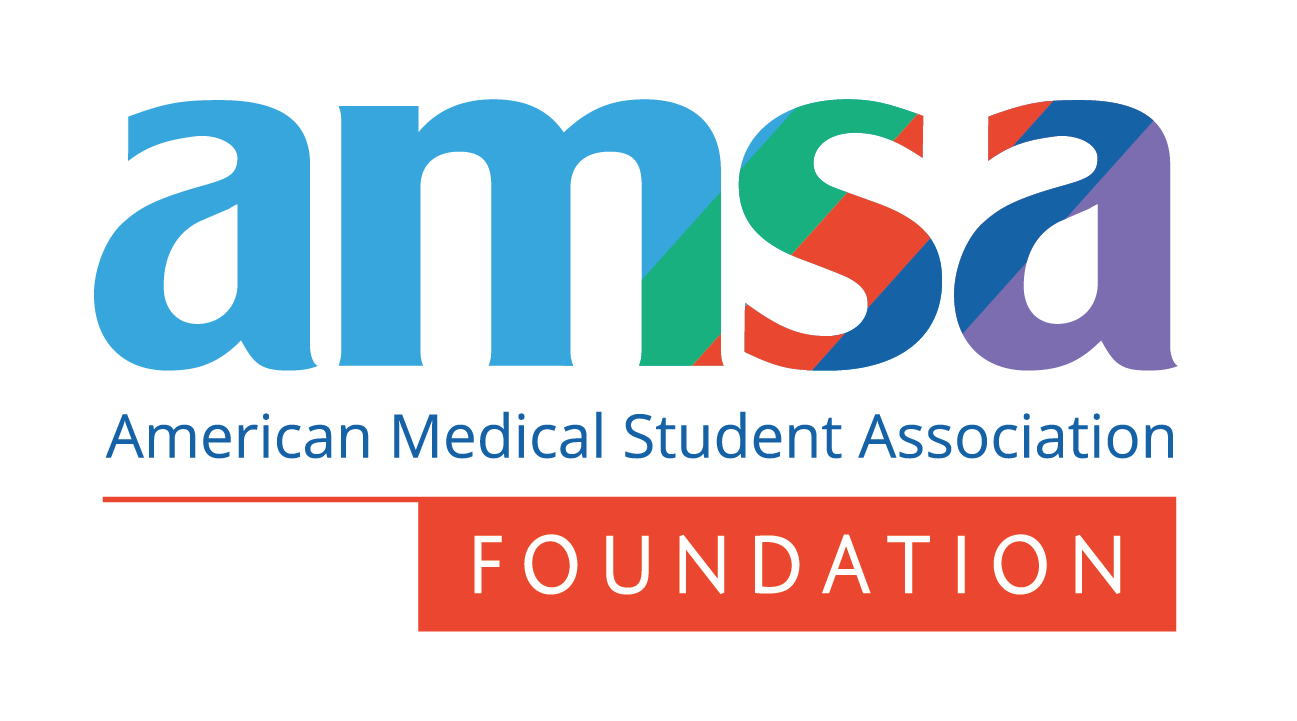Bold innovations driving on health equity
These standout teams have been selected as AMSA InnoFest Honorees — hailing from campuses of all shapes and sizes, from all corners of the globe. We’ll be showcasing their innovations before and during the InnoFest via posters — and many of them are making the journey to experience AMSA’s Annual Conference and InnoFest in DC in April. Join us in DC and learn more about these innovations & the innovators behind them.

Down2Chat (D2C) is an app for bedside use by all medical professionals, particularly students, and aims to tackle language barriers. It offers two main features: infographics and culturally-informed, medically-accurate translation. First is a library of infographics created and curated based on interviews with community members, educating the user on common cultural practices, beliefs, and values that shape specific communities’ decisions and behavior. Second is a smart search bar that provides phrases and their pronunciation in the user’s selected language. The smart feature suggests related questions that commonly follow the given prompt.

MentalLink merges innovative architecture with a digital health platform, offering private rooms for virtual doctor visits to ensure confidential, accessible mental health support. This on-campus solution removes barriers like transportation and privacy concerns, encouraging students to seek help. With a seamless user experience, it integrates telehealth services, including insurance processing, HIPAA compliance, and pharmacy connections. Prioritizing efficiency and ease of use, MentalLink enhances mental health awareness and support, addressing the urgent need for privacy and reliable connectivity in student mental health care.

Olura is a groundbreaking women’s health app featuring Cherrie, the first AI-driven chatbot specializing in women’s health. Cherrie offers personalized self-exam reminders, multilingual education, and real-time guidance, empowering women to take control of their health. Unlike existing solutions, Olura integrates AI-driven insights, interactive coaching, and culturally inclusive resources to address fear, misinformation, and access barriers. By combining proactive health tracking, Olura fosters confidence in preventive care. Starting with breast health, it sets the stage for expansion into cervical and reproductive health.

InsureEZ is a tool—an A.I.-driven website and a future app—that will help address the current disparities in health insurance literacy. By addressing different demographic needs in health insurance literacy, this intervention aims to empower the general public with the knowledge and confidence to navigate the complexities of the current healthcare system. The ultimate goal is improved health outcomes.
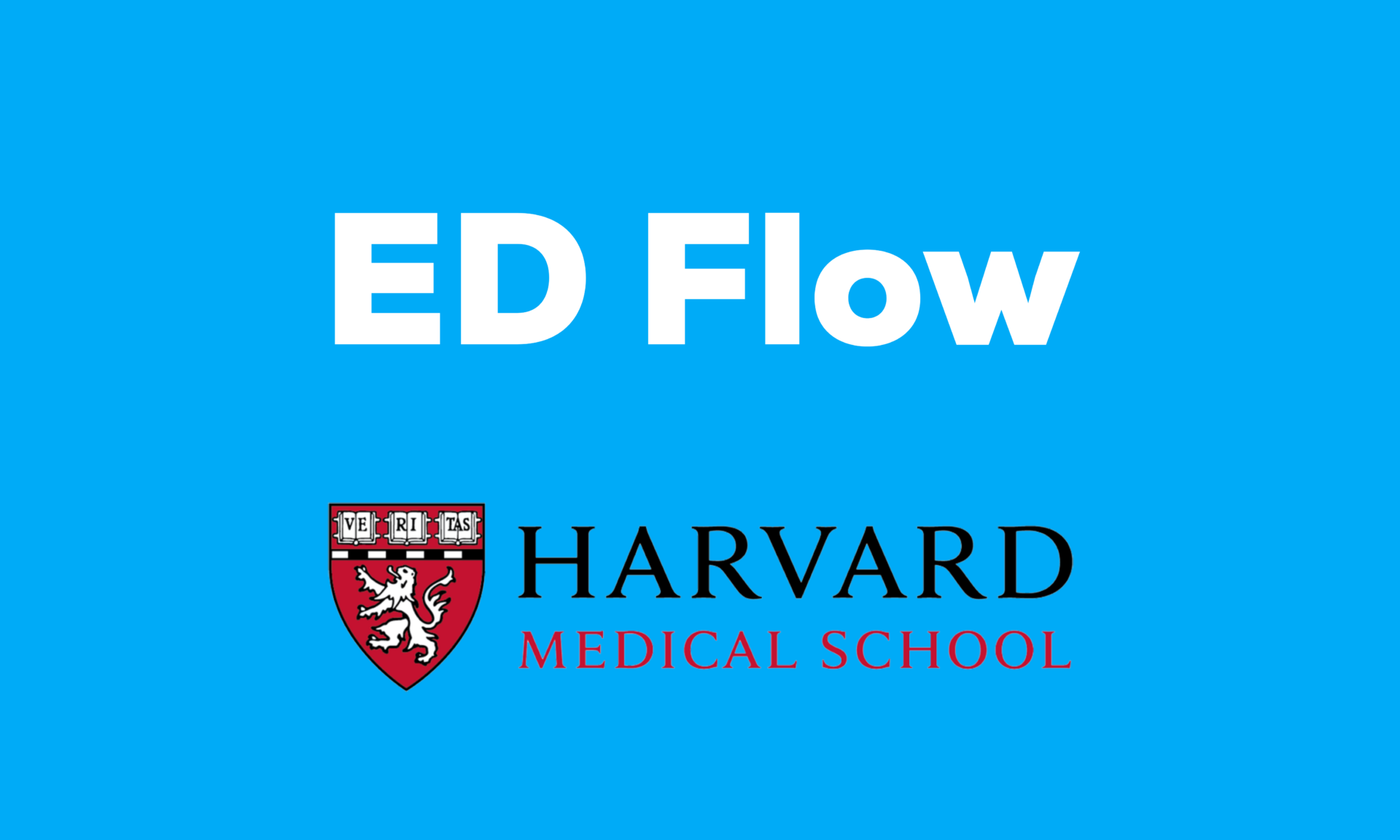
The emergency department (ED) is the face of healthcare for millions across the country, making it a high-volume system susceptible to system breakdown. Given the importance of skilled and timely care in this setting, it is crucial to have accurate and informative methods of analyzing ED flow. Our web-based ED flow simulation app identifies bottlenecks and delays by modeling simulated data from customizable hospital departments. Upon receiving a few specifics about a department (i.e. patient volume, number of rooms, etc.) the app rapidly generates dynamic visualization and predictive analytics to expose systems-level inefficiencies.

KickAgain is a digital rehabilitation platform designed for soccer players and teams, integrating AI, data analysis, and motion tracking to provide accessible, on demand injury care. We guide players from initial diagnosis through recovery, ensuring a safer and more confident return to matches. We address the high cost and limited availability of physical therapy, especially in underdeveloped and rural areas. KickAgain offers virtual assistance, real-time data input, and personalized rehabilitation plans. By bridging the gap in sports healthcare, it empowers athletes with professional support, regardless of location or financial constraints.

Phenex is a patient-centered navigation tool for limited English proficiency patients, available as an app or standalone device. Using hospital geomapping, it provides step-by-step directions in the patient’s preferred language, with options for translated audio guidance and live AR overlays. Phenex includes a checklist of what to expect at each step, ensuring clear communication and guidance. Designed to act as a digital patient assistant, Phenex aims to reduce missed appointments, reduce the need for emergent critical care by improving patient health outcomes, and boost hospital revenue by enhancing accessibility and patient satisfaction.
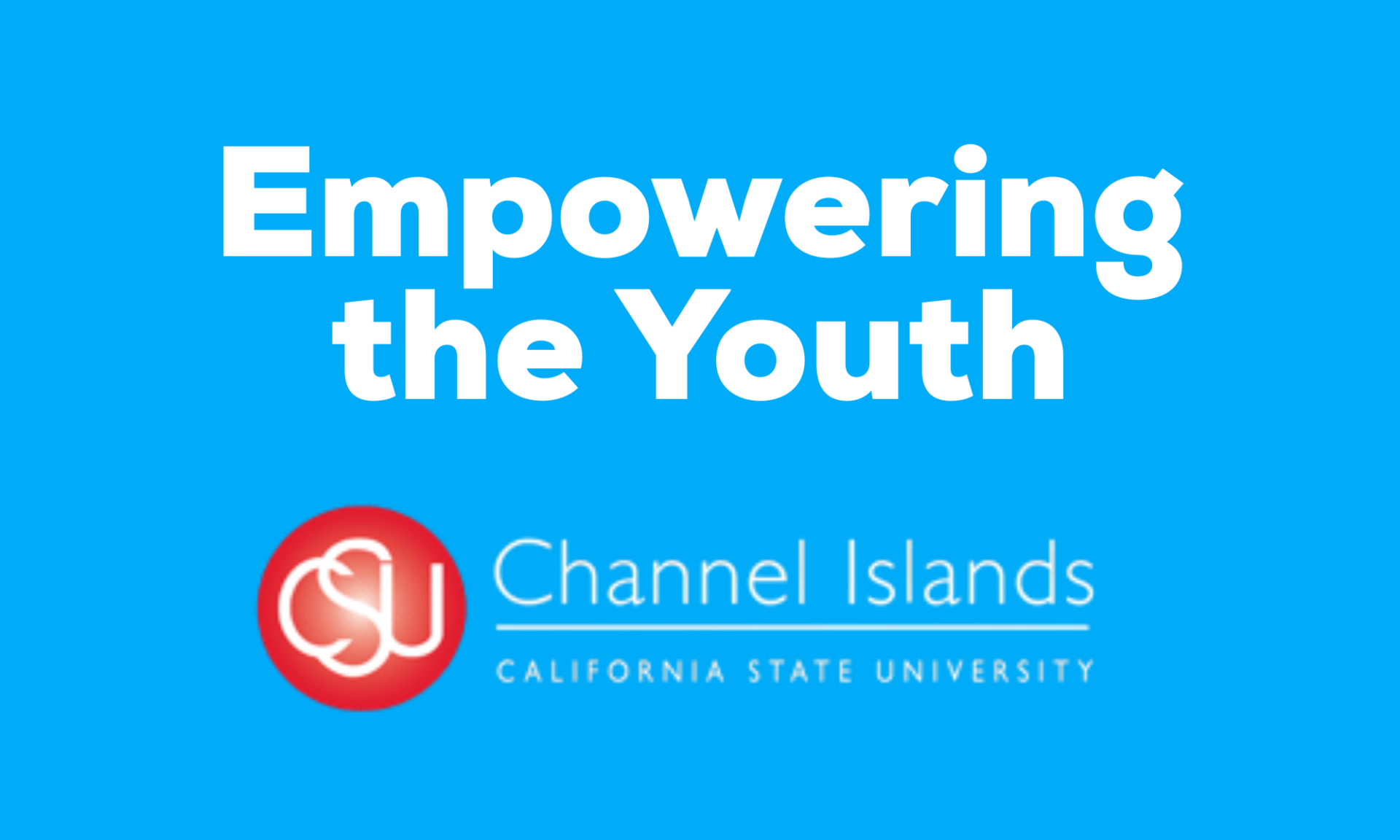
Surveillance data indicates that there is an increased risk of HPV infection among younger individuals, with the highest prevalence occurring among adolescents and young adults between the ages of 15 and 25. By targeting this demographic, which is most at risk for developing HPV, it is essential to provide them with preventative strategies. Through my proposed program, I aim to present the prevalence of HPV and the protection offered by the Gardasil-9 vaccine through a public health campaign that utilizes dating app advertising to reach this high-risk population.

In Pakistan, the highest breast cancer incidence in Asia significantly impacts women, with 1/9 diagnosed during their lifetime. Unfortunately, 89% of these cases are detected in advanced stages, leading to 50,000 deaths annually. This is primarily due to inadequate awareness and insufficient early detection resources. PinkDetect addresses these challenges by introducing Pakistan’s 1st digital breast health solution—an app that educates on breast health, provides self-exam tutorials, and includes a symptom-tracking feature. It also connects users to nearby diagnostic services. This approach aims to boost breast cancer awareness

Our LLM-based standardized patient platform enhances medical education by generating unique, medically accurate clinical vignettes from user-provided keywords (e.g., “chest pain”)—without the typical frequency of hallucinations found in commercial models. This advanced platform authentically simulates an SP, creating dynamic patient interactions that challenge students’ diagnostic reasoning and communication skills. Our solution addresses the critical shortage of SP resources, delivering a scalable, accessible, and on-demand tool. By providing immersive practice opportunities, we aim to empower students to refine clinical strategies and transition into clerkships, better prepared for real-world patient care.

AccessMR is reimagining MRI technology for underserved communities, especially in Sub-Saharan Africa. Our low-field MRI system uses locally sourced materials, a modular design, the Magnetic Resonance Control System (MaRCoS) framework, and machine learning to achieve a 0.2 Tesla magnetic field at a fraction of traditional costs (<$10,000). Our design sets a new benchmark for cost-effective medical imaging, empowering underserved populations with access to life-saving diagnostic capabilities. This innovative solution addresses the urgent need for affordable diagnostic imaging while bridging global healthcare gaps.
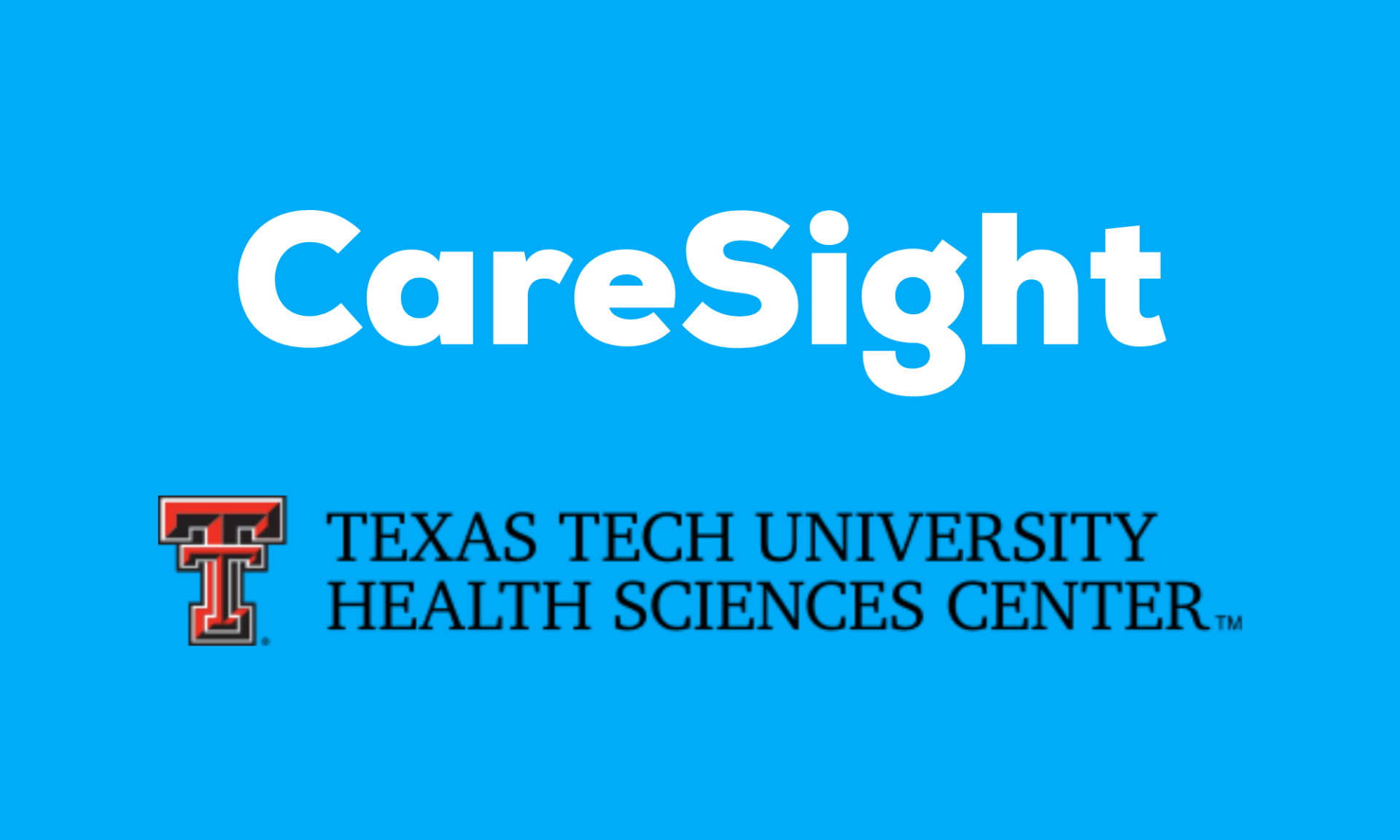
In the rapidly evolving field of healthcare, integrating AI tools into clinical practice presents significant challenges. To address this, I have developed an AI-powered scoring assessment tool that evaluates healthcare AI applications across ten critical domains, including data quality, regulatory readiness, and ethical considerations. By providing structured, stage-specific evaluations, this tool offers actionable insights to developers, facilitating the refinement of their products for seamless clinical adoption and improved patient outcomes.

I am proposing an innovative training program that integrates 3D virtual reality simulations and standardized patient encounters. These simulations create immersive, high-pressure scenarios that mimic real-life encounters, enabling participants to develop critical skills in empathy, de-escalation, and diagnostic accuracy. Trainees receive real-time feedback while practicing evidence-based approaches, fostering confidence and competence in managing mental health crises. Additionally, the program extends to address domestic violence scenarios enabling medical students to identify subtle indicators of abuse.

MedMatch is an intelligent medical supply redistribution platform that connects hospitals having excess supplies near expiration with facilities in need. Our smart-matching algorithm considers expiration dates, transportation logistics, facility needs, and compliance requirements to create efficient redistribution pathways. Unlike traditional purchasing platforms, MedMatch focuses on redistributing existing resources, preventing waste while supporting underserved facilities. The platform automates documentation, regulatory compliance, and logistics coordination, making it effortless for facilities to participate in sustainable healthcare.

AcoustiCare is an innovative app that diagnoses and monitors dysphonia using voice samples and survey data. The voice samples are analyzed with clinical data provided by physicians to identify common acoustic parameters (e.g. “Jitter” and “Shimmer”). The application exports these parameters in a user-friendly format to a speech pathologist for use in the prognosis of patients. Additionally, it will evaluate new acoustic data with patient-reported symptoms to develop a holistic probable diagnosis. Following analysis, AcoustiCare offers resources to help patients connect with a physician in their area who accepts their insurance.

Healthiator is an AI-driven platform that brings transparency to healthcare billing, helping patients understand and negotiate their medical expenses. The platform addresses the lack of price clarity in the U.S. healthcare system, where patients often face unexpected and inflated medical bills. By analyzing pricing data, identifying billing errors, and negotiating reductions, Healthiator ensures fair pricing for medical procedures. It provides a patient-centric approach to cost management, empowering users with data-driven insights to make informed healthcare decisions while alleviating financial stress.

SickleConnect stands out by addressing the often-overlooked psychosocial aspects of sickle cell disease through a comprehensive, user-centered approach. By combining cutting-edge technology, evidence-based interventions, and community-driven design, the app provides a transformative solution that improves both the mental and physical well-being of SCD patients while advocating for systemic healthcare improvements.

Our patient-facing AI-powered tool takes jargon-filled medical records and translates them into written and visual information that is actionable and accessible at the individuals’ health literacy level (US average: ~ 6th grade). In the past, medical notes were only for provider communication. However, with legislation now requiring shared medical records, more patients directly access their records online for care plans, medications, and tests. Our tool simplifies these records by providing easy-to-understand summaries/visuals, offering detailed explanations of tests/their purposes, and generating AI-powered questions to ask next time.

My idea is a wearable IV device for treating Alpha-1 Antitrypsin (AAT) deficiency. It allows patients to give themselves AAT therapy at home. The device has a catheter that connects to the leg or shoulder veins(decided by patients) and gives drug doses by checking AAT levels in real time. It uses small AAT cartridges, cutting down on visits to the clinic and making treatment easier for patients. This method tackles problems with current IV therapies by offering tailored doses(in clinics patients takes dose for whole week one-time), boosting patient independence, lowering treatment costs and enhancing life quality for AAT deficiency patients.

Our AI-driven tool streamlines post-discharge care from the ED by automating follow-up appointment scheduling in a patient-centered manner. It considers patients’ geographic location, insurance status, language preferences, LGBTQ+ and racial status, transportation limitations, and work schedules. This automation tool will also integrate ICD diagnosis codes to streamline referrals to the most appropriate medical specialty, making the process of scheduling an appointment easier for the patient. Using machine learning, the tool dynamically updates public and private practice networks to identify providers accepting new patients.
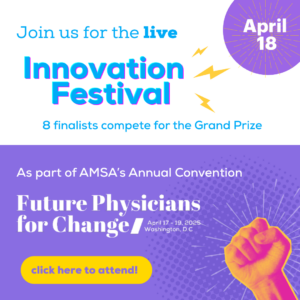 Learn more about these inspired start-ups in person at the InnoFest in DC on April 18
Learn more about these inspired start-ups in person at the InnoFest in DC on April 18
The InnoFest is happening as part of AMSA’s Annual Convention — Future Physicians for Change on April 17–19. Three days of expert sessions, keynotes, breakouts and networking — and, of course, the InnoFest!
Join us by registering here. Note: Schools will often fund this kind of trip for students — here is a letter you can leverage.
